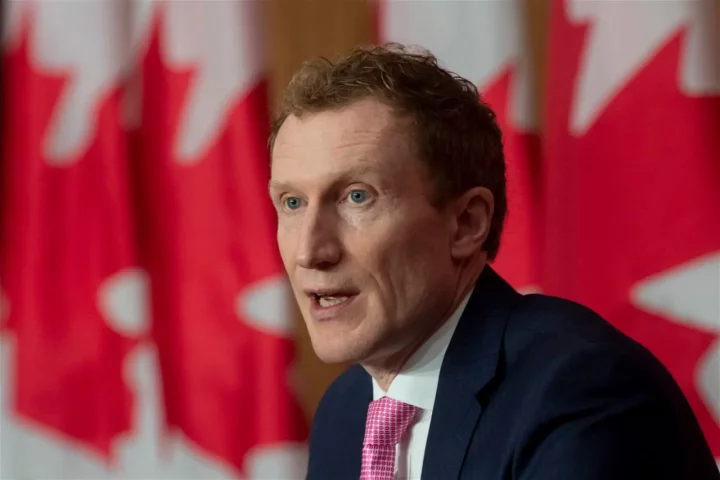
Due to the current economic crunch in the country, payments by Nigerian students for the new academic session starting in September, this year, in universities in the United Kingdom have dropped by 65 per cent compared to last year, a report by the Financial Times of London has said.
The report also indicated that payments by students from India also dropped by 44 per cent, compared to last August.
The two nations are among the top three contributors to the League of International Students in the United Kingdom.
The paper, quoting data from Enroly, a web platform used by one in three international students for managing enrolment, said there was a 35 per cent drop in deposits for places on UK university courses overall by foreign students this month, compared to August 2023.
''Some will likely need to take further significant action to secure their financial sustainability,'' said Paul Kett, senior education and skills adviser at PwC UK.
The number of international students applying to UK universities has remained far below recent levels, despite signs of a slight recovery this month, leaving some institutions facing financial crisis.
This shows a slight improvement in May when the drop was 57 per cent, compared with a year earlier.
Education Secretary, Bridget Phillipson, said last month that the new Labour government wanted to welcome international students.
She criticised the negative rhetoric of the previous Conservative administration which successive Tory ministers had deployed as they tried to cut overall migration figures.
The data showed a significant decline in students from Nigeria and India, two of the three largest international markets for UK universities.
Deposits from Nigerian students fell by 65 per cent, and from Indian, students were down by 44 per cent, when compared to August 2023.
Smaller markets, such as Kenya and Nepal, showed increased demand against a year ago.
Jeffrey Williams, Enroly's Chief Executive, said the "early signs" of recovery reflected efforts by the new government to stabilise immigration policy.
"Concerns regarding the potential elimination of the postgraduate route work visa have been assuaged," he said, adding that this had been helped by "continued political uncertainty" in other markets such as Australia and Canada.
Harry Anderson, Deputy Director of Universities UK International, the sector lobby group, said the international environment remained volatile for universities as they continued to look to diversify the range of countries from which they recruit students.
Labour has so far retained the Conservative's ban on most graduate students bringing family members, which Anderson said would still present competitive challenges for UK institutions.
"Most of our competitor destinations do allow students to bring their family members, and most of the growth in recent years has been in postgraduate taught courses where students typically tend to be older and have family members.
"Still, the hope is that stability signalled by the new government will benefit the next admissions cycle after the turbulence of the last 18 months. But the sector needs to be working hard with embassies to communicate this," Anderson added.
The regulator, the Office for Students, has already started to prepare for a potential wave of university insolvencies, advertising for a contract of up to £4million for professional services companies to handle restructuring programmes.
It made the move after financial accounts revealed over-optimistic assumptions about the growth of overseas' recruitment in the next few years.
In its annual report this May the OfS accused universities of "optimism bias" for using projections of 35 per cent growth in international entrants in 2022-26.
Meanwhile, a recent data from the Central Bank of Nigeria's balance of payment compilation spanning the first six months of 2023, showed that Nigerians spent $896.09million on foreign education, with a large chunk going to the UK.
Foundation courses in the UK go for between £10,000 and £15,000 and an average student would need about £8,000 for other expenses yearly.
















Comments